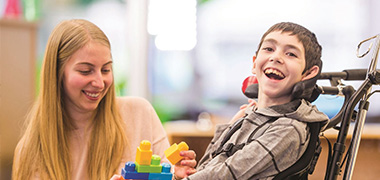
How do I become a care coordinator?
All skill levels
Beginner
Experienced
Recommended
CHC33021
Certificate III in Individual Support
On Campus
6 months
$0 - $3,500
- There are no mandated entry requirements.
Aged Care Worker
Personal Carer
Residential Care Worker
+ 21 more
Community Care Worker
Home Care Assistance Worker
Disability Support Worker
Trainee Support Worker
Home Carer
Care Coordinator
Community Support Worker
Patient Care Assistant
Peer Support Worker
Residential Care Officer
Senior Support Worker
Support Worker
Trainee
Kennel Hand
Animal Shelter Attendant
Remedial Yoga Therapist
Hospital Orderly
NDIS Worker
Community Rehabilitation Worker
Triage Nurse
Doula


CHC33021
Certificate III In Individual Support (Home and Community Care)
Blended
6 months
Unavailable
- There are no mandated entry requirements.
 Reach For Training
Reach For Training
CHC82015
Graduate Certificate in Client Assessment and Case Management
Blended, On Campus
8 - 12 months
Unavailable
- There are no mandated entry requirements.



HLTADM010
Facilitate a Coordinated Approach to Client Care
Online
4 days
Unavailable
- There are no mandated entry requirements.
 Benchmarque Group
Benchmarque Group
Related occupations
Common questions
Further reading


How to start a career in Disability Care
12th April 2021)

